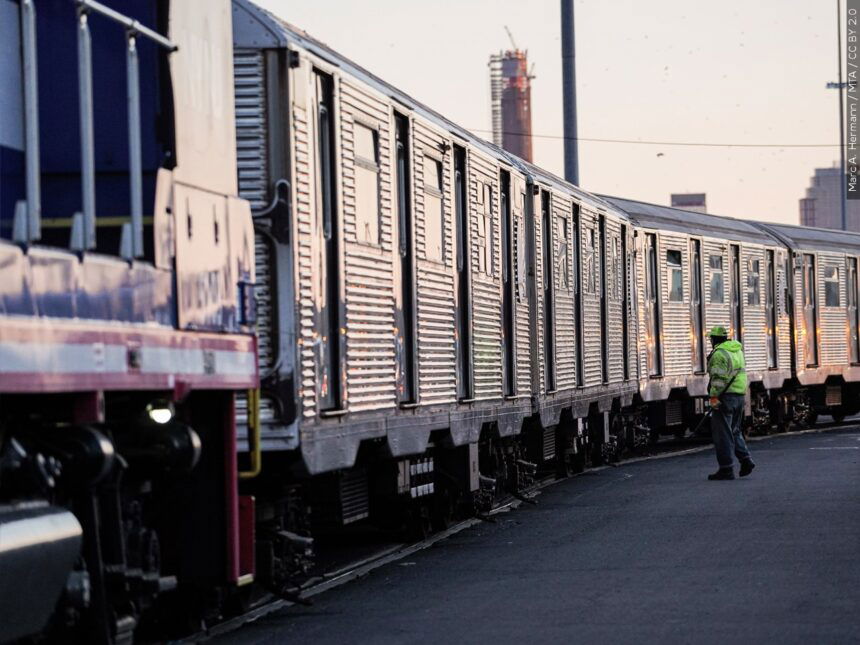Rail Strike Averted

Washington D.C.- The U.S. House of Representatives has voted to avert a freight rail strike that could cripple the shipping industry.
If the house passes it, the bill goes to the senate, which will have to work fast before a tentative strike date of December 9th.
Rep. Josh Gotheimer says, "the president made it pretty clear the repercussions and the ramifications for the country and for workers across the country if we don't get this done, if there is a strike."
The House of Representatives approved legislation in a two-part vote Wednesday to block more than 100,000 rail workers from walking off the job next week.
The bill is now in the hands of the senate who need to pass it before a strike set for December 9th.
For months, there's been a stalemate between the worker's unions and the railroads who reported record profits last year, with one strike averted in September after a tentative agreement was reached...
Rich Edelman, the attorney for the Brotherhood of Maintenance of way employees says, "So what happened in September was for several of those unions to get the deal across the threshold thought it was enough to put this front of their members. That being said, once the members looked at it, some of the unions ratified and said this is enough. But a lot of union members felt particularly in the wake of the pandemic that paid sick leave was something they had to have."
President Joe Biden asked top leaders in congress to get involved this week after previously being reluctant to step into the fight, but ultimately he decided the economic upheaval a strike would cause couldn't be ignored.
Business groups fear a freight rail strike would lead to widespread shortages of food and goods, to prices spiking, and commuter train interruptions.
One economic group estimates it would cost the U.S. economy $1 billion in just the first week.
Unions say walking off the job is a last resort, but one they are willing to take so rail workers can get their demands met.
Edelman notes, "we are urging congress to enact a resolution that adds paid sick leave to the ultimate agreements. we're urging them to go that way. And give railroad workers things that most American workers have. they work really hard in very dangerous jobs. many of them work outside exposed to the elements and chemicals and they need paid sick leave."
President Biden might be taking a que from history. Back in 1950, railroad workers went on strike for an entire three weeks, while then President Harry Truman dug in his heels and refused to make any concessions. His determination caused his poll numbers to plummet to the low 20's, lower numbers than any president has had this century, and he never truly recovered, deciding against running for re-election in 1952.
